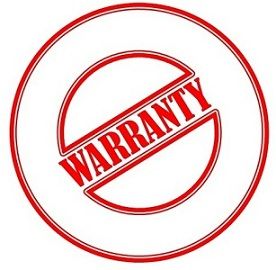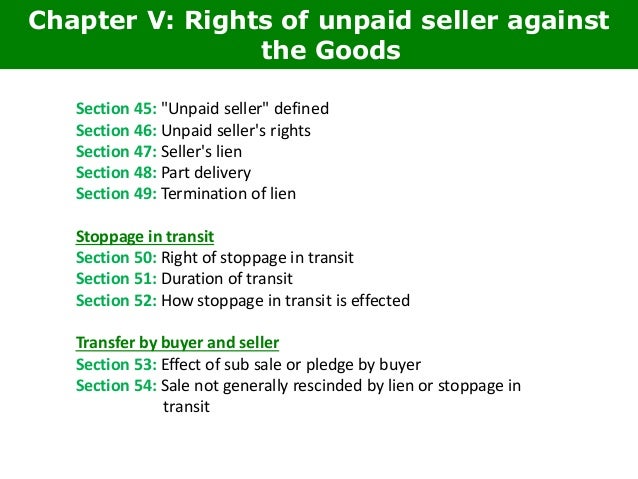

In sec 2(6) of the Act, future goods have been defined as the goods that will either be manufactured or produced or acquired by the seller at the time the contract of sale is made. A seller will have the liberty to choose any 200 apples from the lot. For example, from your 500 apples, you decide to sell 200 apples but you don’t specify which ones you want to sell. These are the goods that have not been specifically identified but have rather been left to be selected from a larger group. These 200 apples are now the ascertained goods. Thus you specify 200 apples from a larger group of unspecified apples. To sell these 200 apples, you will need to separate them from the 500 (larger set). Out of these 500 apples, you decide to sell 200 apples. This term is used for specific goods which have been selected from a larger set of goods. This is a type not defined by the law but by the judicial interpretation. The mobile, in this case, is specific good. A buyer agrees to the sale and a contract is formed.

You put an advertisement with its picture and information. For example, you want to sell your mobile phone online. The existing goods are further of the following types:Īccording to the sec 2(14) of the Act, these are those goods that are “identified and agreed upon” when the contract of sale is formed. In sec 6 of the Act, the existing goods are those goods which are in the legal possession or are owned by the seller at the time of the formulation of the contract of sale. The goods that are referred to in the contract of sale are termed as existing goods if they are present (in existence) at the time of the contract. Goods may be further understood in the following subtypes:

We say that goods are in a deliverable state when their condition is such that the buyer would, under the contract, be bound to take delivery of these goods. could be initiated to recover or realize the claim. This means that those claims where an action such as recovery by auction, suit, refunds etc. The term actionable claims mean those claims which are eligible to be enforced or initiated by a suit or legal action. “Every kind of movable property other than actionable claims and money and includes stock and shares, growing crops, grass, and things attached to or forming part of the land which are agreed to be severed before sale or under the contract of sale will be considered goods”Īs you can see, shares and stocks are also defined as goods by the Act. The Act defines the term “Goods” in its sec 2(7) as all types of movable property. One of the most crucial terms to define is the goods that are to be included in the contract for sale. The actual transfer of goods doesn’t have to take place for the identification of the two parties of a sales contract. These two terms represent the two parties of a sales contract.Ī faint difference between the definition of buyer and seller established by the Act and the colloquial meaning of buyer and seller is that as per the act, even the person who agrees to buy or sell is qualified as a buyer or a seller. For a sales contract to come into existence, both the buyers and seller must be defined by the Act. A seller is someone who sells or has agreed to sell goods. Since a sale constitutes a contract between two parties, a buyer is one of the parties to the contract. Buyer And SellerĪs per the sec 2(1) of the Act, a buyer is someone who buys or has agreed to buy goods. The Act defines various terms which are contained in the act itself. It doesn’t apply to the state of Jammu & Kashmir. The Sale of Goods Act, 1930 herein referred to as the Act, is the law that governs the sale of goods in all parts of India. Sale of Goods Act, 1930 – Important Terms Here we shall explain The Sale of Goods Act, 1930 which defines and states terms related to the sale of goods and exchange of commodities. India is one of the largest economies and also a great country where and thus has adequate checks and measures to ensure the safety and prosperity of its business and commerce community. Sale of commodities constitutes one of the important types of contracts under the law in India.


 0 kommentar(er)
0 kommentar(er)
